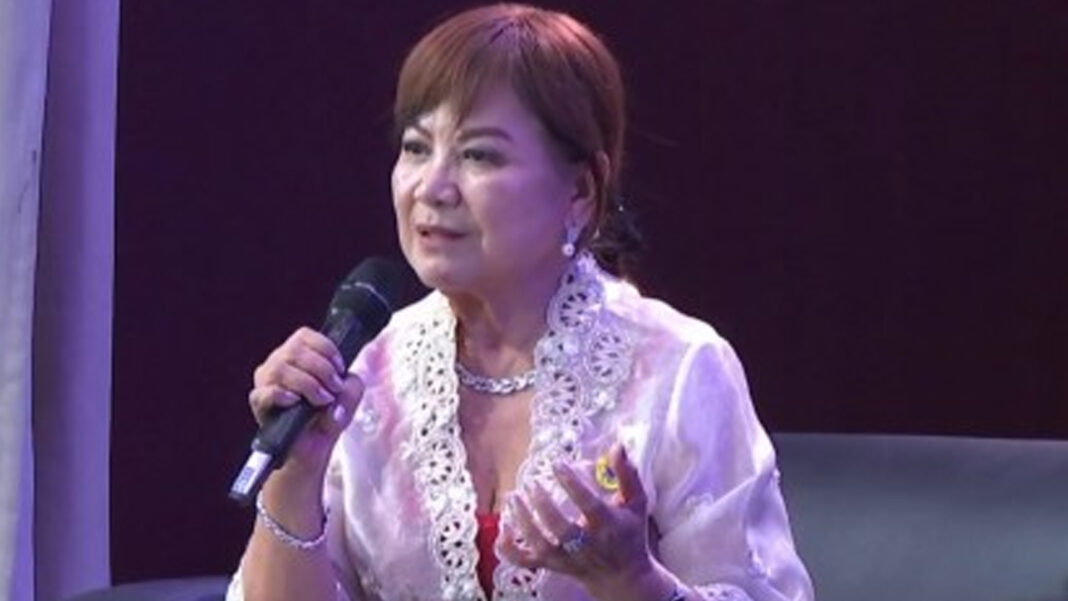The Philippines has assumed the chairship of the Association of Southeast Asian Nations (ASEAN) Committee on Women (ACW) 2025-2026 during the committee’s 24th meeting, with Singapore serving as vice chair.
The Philippine Commission on Women (PCW) hosted the meeting in Bohol on Monday, under the theme “Shaping the Future of ASEAN: Women’s Leadership in Advancing People Empowerment, Regional Security, and Economic Prosperity.”
PCW Chairperson Ermelita Valdeavilla, who also serves as the Philippines’ representative to the ASEAN Ministerial Meeting on Women, reaffirmed the country’s commitment to advancing gender equality and women’s empowerment in the region.
“This meeting reflects our collective recognition that women’s leadership is not peripheral but central to ASEAN’s vision for peace, prosperity, and resilience,” Valdeavilla said in a news release on Tuesday.
The ASEAN Secretariat reported an 88 percent completion rate for the ACW Work Plan 2021 to 2025.
The Committee also began discussions on the development of the ACW Work Plan 2026 to 2030, which will align with the ASEAN Community Vision 2045.
Among the key topics were the strengthening of the ASEAN Gender Outlook 2024, continued collaboration on the campaign against online gender-based violence, and the Women, Peace, and Security (WPS) initiatives.
Member states also discussed the Philippine-proposed ASEAN Declaration on the Gender-Transformative Implementation of the ASEAN Community Vision 2045, expected to be adopted during the 49th ASEAN Summit in 2026.
The meeting reaffirmed support for the establishment of the ASEAN Centre of Excellence on Gender Equality and Women’s Empowerment and reviewed the concept note for the 4th ASEAN Women Leaders’ Summit.
ASEAN development partners, including Australia, Canada, United Nations Women, Guardian Girls International, Asian Development Bank, UN Development Programme, GSMA, Inc., and the ASEAN Women Entrepreneurs Network, provided updates on ongoing programs promoting gender equality in areas such as economic empowerment, disaster risk reduction, gender-based violence prevention, and political participation.
Member states expressed appreciation for the continued collaboration with development partners and reaffirmed their commitment to strengthen regional cooperation in advancing women’s rights and gender equality.
As ACW chair, the Philippines vowed to sustain the momentum and strengthen partnerships to ensure an inclusive and gender-equal ASEAN. (PNA)


